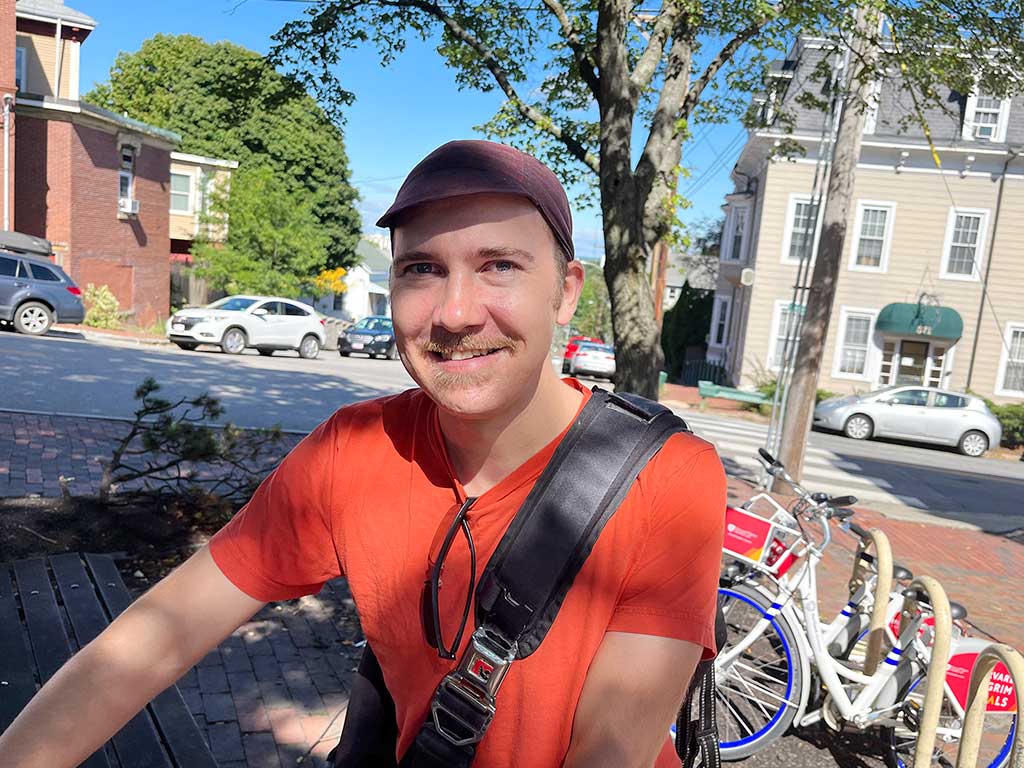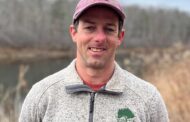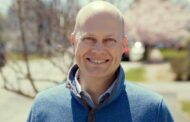
Winston Lumpkins: Making the city safe, easy, and comfortable for everyone to travel
Every month PelotonLabs co-founder Liz Trice interviews a local Peloton or community member. This month, Liz caught up with Winston Lumpkins, the new chair of Portland’s Bicycle and Pedestrian Advisory Committee (PBPAC).

What brought you to bicycle and pedestrian advocacy?
The simplest answer is that I complain a lot about the lack of pedestrian and bike safety, and the more attached I grow to Portland and view it as my home, I’ve begun to follow my mother’s advice: To only complain about things I’m prepared to fix!
I work as a baker, and don’t have a car, and about two years ago I started wishing there was a Portland based advocacy group. I met Zack Barowitz, the former chair of the PBPAC, and he invited me to join the group. It’s been a great opportunity to get involved and understand the system that regulates how things happen. Anyone is welcome to join the listserv, come to meetings, or come to events.
What does the group do?
A lot of the work is tracking opportunities where people can show up and make a difference in public projects. We have monthly meetings and a Google group listserv where people can report problems, make suggestions, and alert others to opportunities to make comments at city or regional transportation agencies meetings. Also, we draw on this research to send letters to the city council from the whole group, advocating for policies and budget items.
We host a walk or ride audit almost every month and use feedback from participants for future advocacy. Recently we’ve done walk audits of Nason’s Corner, Morrill’s Corner, the proposed Roux campus, and we want to do them in the West End and Parkside soon. We hold two council rides per year where we invite city councilors to join us – there were over twenty-five people at the last one. We also recruit bike and pedestrian advocates to join other advisory committees.
Why is it so hard to make change?
It’s a challenge to track projects, and with no one person on top of them, details fall through the cracks. Many projects are multi-year projects with many stakeholders, including DOT, and you might have to be at one meeting in one town with one agency, and then three years later be in another town with another agency.
For example, Kristine Keeney from the East Coast Greenway recently shared how two sections very close together – the Casco Bay Bridge and York Street – will be repaved in 2023 and 2024. But they are separate projects by separate agencies. And since it’s just repaving, there’ s not necessarily any public process set up. And since there’s no staff person at the city or regionally who is in charge of making sure that bike-ped improvements happen, people in non-profits like hers, or volunteers on our committee, have to track each one separately and push for opportunities to make sure that the new design is coordinated and an improvement for all users.
From 2010 to 2015 there was a city staff person that attended our meetings and brought in over $1M in grants but then the city cut that position. Since there’s not a full-time bike-ped coordinator now, there’s no one currently tracking all the opportunities to make changes. Some city staff who personally care about these things do great work, but there’s no one person who is tracking, or coming to the committee, or applying for Federal grants, or even implementing some projects that have already been approved and funded. We are advocating for that position to be restored.
What successes has the group had?
We advocated for the section of trail that connects from Marginal and Franklin to the Back Bay Trail. It used to be impossible to get through there. It’s really useful, for example, going from the East End to Hannaford. There were a lot of roadblocks with the previous city administration, but we’re hopeful now and a lot of people have joined in the last year.
What are the top priorities for the upcoming year?
To grow and diversify participation in our listserv and meetings. I’m a young, able-bodied white man, and can say, “The city needs to do this to sidewalks to make it better for someone with a disability.” But everyone knows that I personally can get across okay, and it can appear that I’m choosing not to have a car. To advocate more effectively, we need to have more types of people representing their concerns. Of course, we’d love to see more projects come to pass as well…
What’s the best way to impact or how do we improve public ways for non-car drivers?
We need to slow traffic speeds. Cars driving over twenty-five is simply too dangerous for city streets. That requires rebuilding – or at least repainting and adding street furniture such as planters to roads – with that goal in mind. Speed is set by the design of the road, not the speed limit.
Yesterday, I submitted testimony to the Planning Board about the city’s technical manual, which regulates how public right of ways and streets are built, from edge to edge, including curbs, lines, stormwater, esplanades, et cetera. I suggested the possibility of raised crosswalks in addition to bump-outs to slow traffic and increase safety in high pedestrian areas.
Show up in any way you can, that’s how we’ll make this change.
For more information on Winston Lumpkins’ work with the Bike-Ped Committee visit:
https://www.portlandbikeped.org
PelotonLabs is a coworking space in the West End of Portland, Maine with a mission to connect and encourage people working on their own to manifest their visions without fear.
PelotonPosts is created by PelotonLabs. WEN provides column space without charge. PelotonLabs has been a paid advertiser. WEN publisher and editor Tony Zeli is a coworking member at PelotonLabs.





